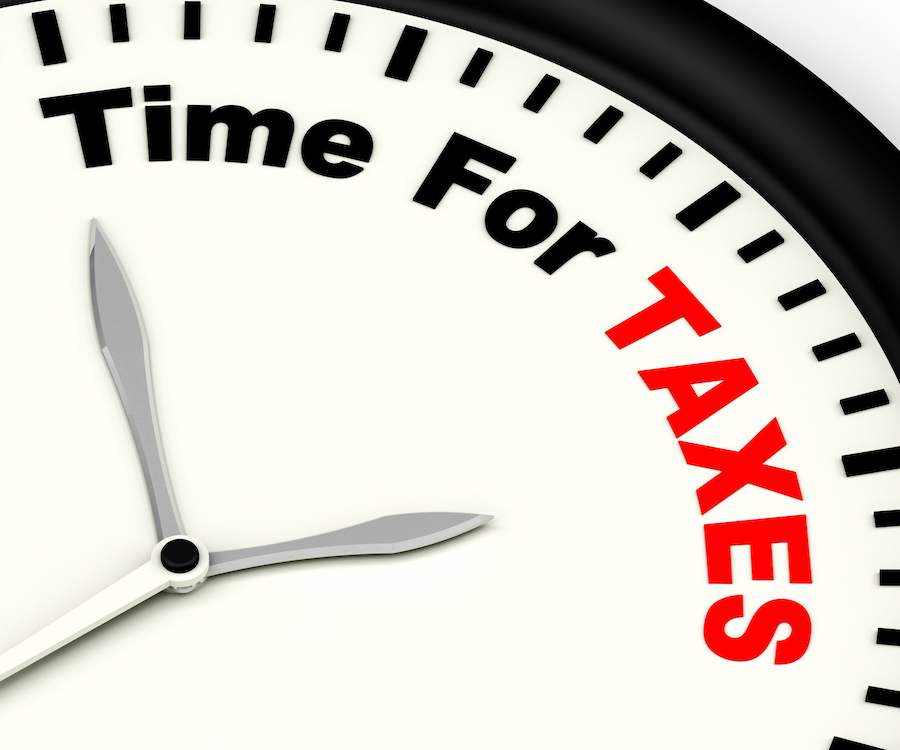
Should You Be Your Own Tax Preparer?
Winter is always the time to ponder who should do your taxes. You probably have four or five options:
- A CPA
- An Enrolled Agent
- Someone at H&R Block, Jackson-Hewitt or Liberty Tax, among others
- A friend or relative that’s good at doing taxes
- Yourself
How do you evaluate your situation? Who should be your tax preparer? Most Americans are renting or owning a home plus working for an employer or retired. This describes the vast majority of tax filers and became the focus of the Tax Cut and Jobs Act of 2017. Congress promised a postcard size 1040 form and an increased standard deduction so most filers wouldn’t have to itemize. Since the online programs like Tax Cut, TurboTax and TaxfreeUSA promise a free federal return, this would be a good place to start to do-it-yourself instead of seeking out a tax preparer.
What would move you up the line for more experience? Perhaps large medical expenses, a large capital gain or casualty loss. Or some other item where precise calculations and documentation is important. You might do-it-yourself and have a friend or family member look over your output before electronic filing.
Other complications: changing jobs, investing in more than one 401k, moving, have paid student loan interest, sold your home, paid back taxes, or had a big gambling loss or gain. Add in the complications in the previous paragraph and maybe you should visit and use one of the mass-market tax preparation companies that provide an appointment or walk-in service. They do a good job and can also offer a second opinion on your own work at a reduced fee to give you peace of mind.
An Enrolled Agent or CPA usually specialize in folks that own businesses, have stock options, own rental property, maybe have employees, or have large investments in real estate or startup ventures to name a few complicated situations.
CPA’s are licensed at the state level and offer a wider range of services and expertise to include auditing, accounting, and finance, along with business law. An Enrolled Agent is a tax specialist licensed by the IRS. CPA’s have education requirements mandated by each state. Enrolled Agents come under the purview of the IRS and must past a three-part exam on income tax, inheritance tax, gift tax, estate, payroll, and non-profit taxation.
Own or starting a business? CPAs and Enrolled Agents are the best places to start. Not owning a business but complicated? It’s okay to call and speak with a CPA or Enrolled Agent and ask them where you might go for tax preparation and advice. Ask them if they’re taking on new clients. Because of the complications of the Tax Act, many are declining to add new clients this season.
Most MainStreet Financial Planning clients fall into the DIY online or the mass preparation firm categories. There’s no reason not to call a referred CPA or Enrolled Agent and talk with them on the phone to see that it is the appropriate decision for you.



